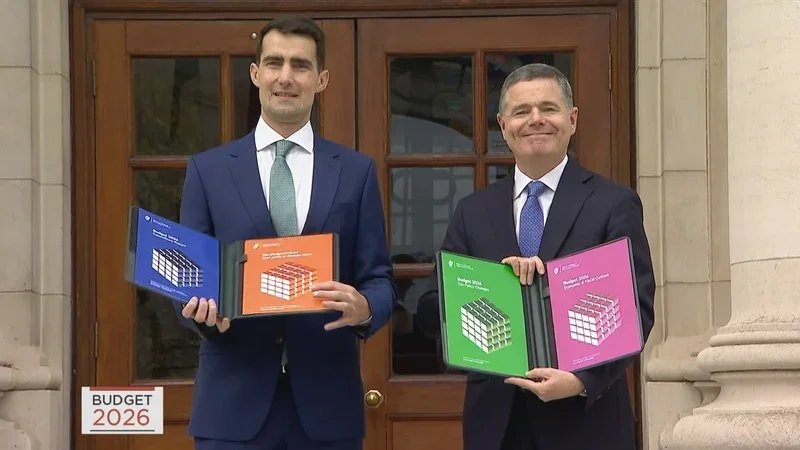In a rare show of long-term vision for the creative economy, Ireland has announced that its Basic Income for the Arts (BIA) scheme will become a permanent national programme from 2026, supporting up to 2,200 artists and creative workers with €325 a week. First piloted in 2022, the initiative was designed to address chronic financial precarity in the arts - a sector often celebrated culturally but under-supported economically.
This move positions Ireland as a global pioneer in cultural policy, embedding creative work into the infrastructure of national well-being and productivity rather than treating it as a luxury or side pursuit.
📊 Supporting Stats
The pilot phase ran from 2022 to 2025 and supported 2,000 artists, ranging from visual artists to musicians and performers.
According to evaluations from the Department of Tourism, Culture, Arts, Gaeltacht, Sport and Media, participants reported a major reduction in financial stress and a significant increase in creative output and time dedicated to artistic practice.
The new permanent scheme under Budget 2026 will initially support 2,200 participants, but Minister for Culture Patrick O’Donovan has suggested this could scale further.
The timing coincides with a wider crisis in Irish nightlife: a 2025 Give Us The Night report showed an 84% decline in nightclubs since 2000, revealing just 83 remaining venues across the country.
The BIA scheme isn’t just a grant; it’s a reframing of how creative work is valued. By providing a modest but consistent income, the programme stabilises a volatile sector that fuels Ireland’s global cultural reputation - from its music exports to its film and literary scenes.
Culturally, it signals a political recognition that creativity is labour. Economically, it reframes culture as a driver of social and civic health rather than a cost centre. In a European context where cultural budgets are often first to be cut, Ireland’s move is a rare act of strategic optimism.
There are, however, open questions:
Will the €325 weekly payment keep pace with inflation and cost-of-living pressures?
How will eligibility be determined in a sector defined by fluid and hybrid work patterns?
And can this model sustain without being politicised during future budget cycles?
Still, Ireland’s leadership sets a compelling precedent for creative economies elsewhere - especially at a time when cultural sectors in the UK, France and beyond continue to struggle post-pandemic.
📌 Key Takeouts
What happened: Ireland will make its Basic Income for the Arts a permanent national scheme from 2026.
Why it matters: It’s the first long-term state-backed income model for creative workers in the world.
What works: The pilot reduced financial insecurity and boosted creative productivity across participants.
What’s risky: Inflation and political turnover could test the scheme’s long-term sustainability.
What it signals: A policy-level shift - culture treated as an essential workforce, not an indulgence.
🔮 What We Can Expect Next
Ireland’s model will be watched closely by cultural ministries worldwide. If successful, it could spark a “creative basic income” movement across Europe - especially as the creative industries contribute nearly 5% of EU GDP and employ 8.7 million people (WARC, 2024).
Expect brands, festivals, and arts institutions to leverage this momentum, aligning themselves with narratives of creative equity and sustainable artistry. The real challenge will be ensuring that public investment doesn’t lead to complacency - but rather, to a more inclusive, futureproof cultural ecosystem.
